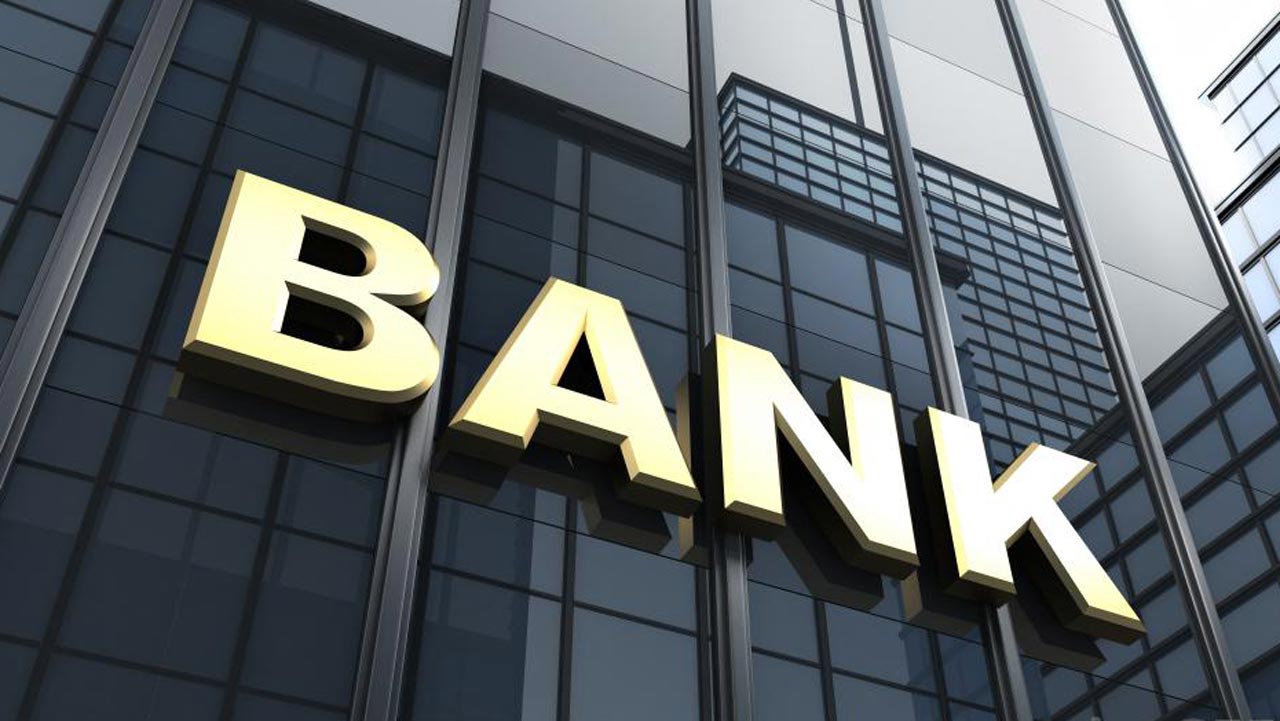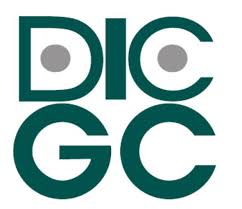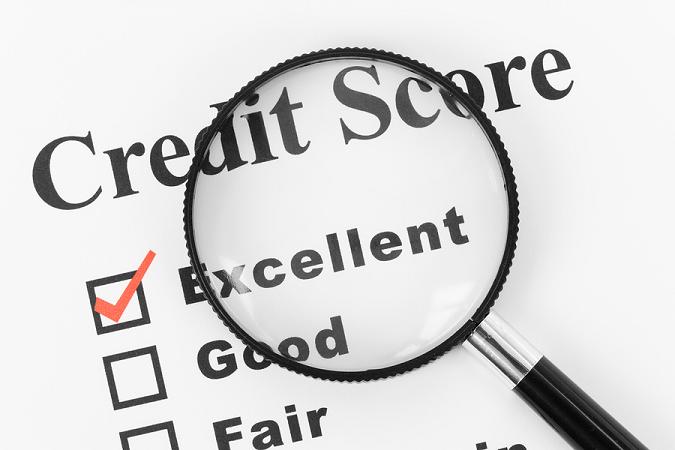Banking Awareness Study Notes : Negotiable Instruments
Want to Become a Bank, Central / State Govt Officer in 2020?
Join the Most awarded Coaching Institute & Get your Dream Job


Now Prepare for Bank, SSC Exams from Home. Join Online Coure @ lowest fee
Lifetime validity Bank Exam Coaching | Bank PO / Clerk Coaching | Bank SO Exam Coaching | All-in-One SSC Exam Coaching | RRB Railway Exam Coaching | TNPSC Exam Coaching | KPSC Exam Coaching
Banking Awareness Study Notes : Negotiable Instruments
Negotiable Instruments are defined under Negotiable Instruments act, 1881. Negotiable instruments are written orders or unconditional promises to pay a fixed sum of money on demand or at a certain time. Negotiable instruments may be transferred from one person to another, who is known as a holder in due course. Upon transfer, also called negotiation of the instrument, the holder obtains full legal title to the instrument.
- Promissory notes (Described by Section 4)
- Bills of exchange (Described by Section 5)
- Cheques (Described by Section 6)
- Demand drafts (Described by Section 4)
- Certificates of deposit
- Endorsement (Described by Section 15)
Cheque
Cheque is an instrument in writing containing an unconditional order, addressed to a banker, sign by the person who has deposited money with the banker, requiring him to pay on demand a certain sum of money only to or to the order of certain person or to the bearer of instrument.
A cheque typically involves three parties, (1) the drawer who writes the cheque, (2) the payee, to whose order the cheque is made out, and (3) the drawee , the bank which has the drawer’s operating account from which the cheque is to be paid
Demand Drafts (DD)
A DD is a negotiable instrument similar to a bill of exchange. It is used for effecting transfer of money. A bank issues a DD to a client (Drawer), directing another bank (Drawee) or one of its own branches to pay a certain sum to the specified party (Payee) directly without involving the drawing bank after presenting.
Certificate of Deposit
Certificate of Deposit (CD) refers to a money market instrument, which is negotiable and equivalent to a promissory note. It is either issued in demat form or in the form of a usance promissory note. This instruments is issue in lieu of the funds deposited at a bank for a specified time period.
Promissory Notes
A “promissory note” is an instrument in writing (not being a bank-note or a currency-note) containing an unconditional undertaking signed by the maker, to pay a certain sum of money only to, or to the order of, a certain person, or to the bearer of the instrument. Illustrations A signs instruments in the following terms:—
(a) “I promise to pay B or order Rs. 500.”
(b) ‘‘I acknowledge myself to be indebted to B in Rs. 1,000, to be paid on demand, for value received.”
Bill of exchange
A “bill of exchange” is an instrument in writing containing an unconditional order, signed by the maker, directing a certain person to pay a certain sum of money only to, or to the order of, a certain person or to the bearer of the instrument.
Endorsement
Endorsement means the signature of the maker/ drawer or a holder of a negotiable instrument, either with or without any writing, for the purpose of negotiation. The endorsement is done by the payee or endorsee, as the case may be by signing on the instrument customarily on its back & where the space is insufficient on a slip of paper annexed thereto called “allonge”.




